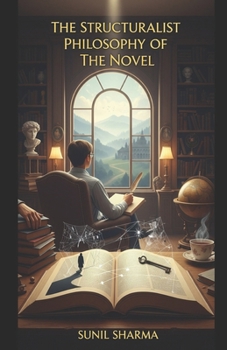The Structuralist Philosophy of The Novel: A Critique of George Luckacs, Lucien Goldmann, Alan Swingewood & Michel Zeraffa
The book delves into the genesis of the novel, tracing its rise to the 18th-century English bourgeoisie, characterizing it as the "epic of bourgeoisie." Sharma discusses how early novelists like Defoe, Richardson, and Fielding reflected and legitimized the values of an emerging capitalist class through realism and individualism, in contrast to the earlier feudal romance. He cites critics like Ralph Fox, Ian Watt, and Arnold Kettle who, he argues, provide a more suitable "Marxist approach" to the novel's origins, particularly Fox's view of the novel as the "epic of the struggle of the individual against society" in a capitalist context.
Sharma aims to correct what he perceives as the reductionist and idealist tendencies in the "Marxist" sociology of literature put forth by Luk cs, Goldmann, Swingewood, and Zeraffa, advocating for a more nuanced and genuinely materialistic application of Marxist theory to understand the structural philosophy and historical evolution of the novel.





